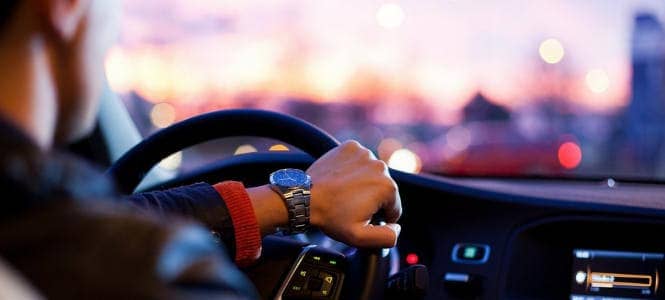

As of January 1, 2018, smoking marijuana recreationally is totally legal in the state of California, but Driving Under Influence of Marijuana DUI is a crime. Prior to this date, it was legal to smoke marijuana only for medical purposes and it required a prescription from a doctor. However, even though smoking marijuana is now legal, smoking marijuana and driving will subject you to being arrested for Driving Under Influence of Marijuana DUI.
Vehicle Code Driving Under Influence of Marijuana DUI Section 23152(f) states that:
“It is unlawful for a person who is under the influence of any drug to drive a vehicle.”
This means we can expect many more arrests for Driving Under Influence of Marijuana DUI. However, interpreting this statute is much more complicated than it seems.
The traditional DUI statute involving alcohol, VC 23152(a), also makes it a crime to drive while under the influence of any alcoholic beverage. However, unlike the DUI drug law, VC 23152(a) is supplemented by VC 23152(b) which makes it a crime to drive with a Blood Alcohol Content (BAC) of over .08.
VC 23152(a) and 23152(b) are almost always charged together which really takes the subjectivity out of it.
Under VC 23152(b), the police can simply test the alcohol in your blood via a blood, breathe, or urine test and determine the percentage of alcohol in your blood. These machines are very accurate and so it helps the prosecution get their guilty conviction.
Not so fast with Driving Under Influence of Marijuana DUI. Unlike alcohol, which burns off out of your system within a matter of hours, THC, the active agent in Marijuana which causes impairment, can build up in your body, and be stored in your fat cells, so a test based on levels of THC in your system would not accurately determine if you are impaired, since you may have smoked the marijuana several days, or even weeks, ago.
So, let’s say California sets up a 5 nanograms of THC per milliliter of blood standard, there’s no way the police can decide if that 5 nanograms came from a recent ingestion of marijuana, or whether it’s something that was built up from the past.
In other words, there is no marijuana equivalent to an alcohol breathalyzer. Some blood tests have been created which can detect the indicia of marijuana use. However, there is no universally accepted standard in the amount of THC or other compounds in marijuana which causes impairment. Unlike the DUI, alcohol cases which have done numerous peer-reviewed studies about what level of intoxication causes impairment, and the precise ways they do so, no such extensive literature exists for marijuana.
All of this means for the time being, that in a Driving Under Influence of Marijuana DUI case, the evidence will be based primarily on the officer’s subjective observations- the size of the pupils, the field sobriety tests, and other very subjective and disputable observations by the officers. That’s good news for anyone charged with Driving Under Influence of Marijuana DUI crime. To be found guilty of any crime, such as Driving Under Influence of Marijuana DUI, proof beyond a reasonable doubt (BARD) is required.
Absent some objective chemical blood or breath tests, the subjective observations of an officer will probably not be enough to convince a jury by the very high BARD standard, and this means you can win your case.
As with all DUI’s, it’s still important to follow the following rules of thumbs when it comes for Driving Under Influence of Marijuana DUI:
If you’ve been arrested for DUI, call our experienced California Criminal Defense Lawyer Immediately for a free consultation. We are here to help!
Call LAW MART for a FREE Case Review: 310-894-6440

Copyright © 2024 law – Powered by AmelCS